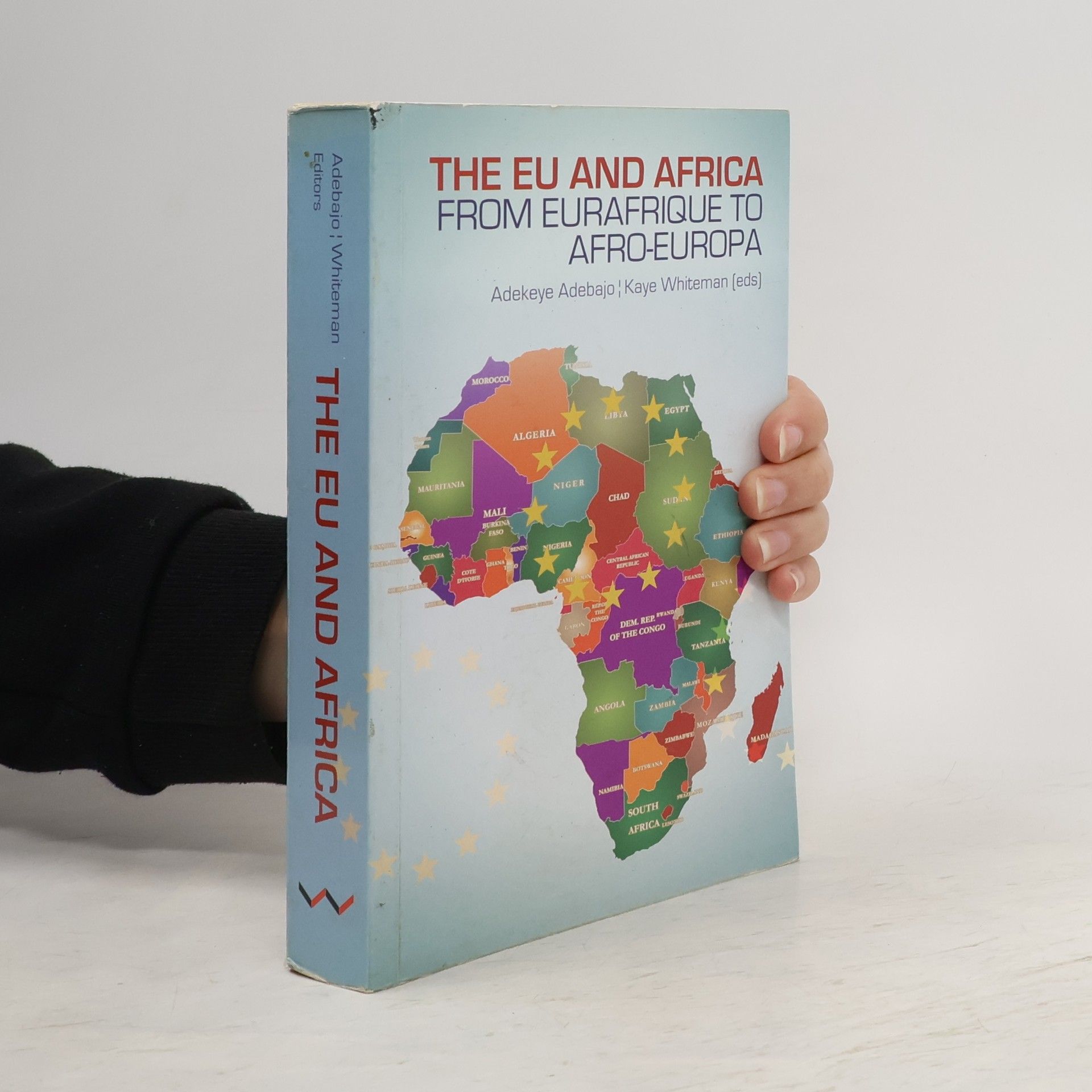The Trial of Cecil John Rhodes
- 176 stránek
- 7 hodin čtení
The narrative unfolds in "After Africa," where Cecil Rhodes, the British South African imperialist, awakens in a surreal limbo after a 120-year slumber. Over the course of five days, he navigates this strange afterlife, confronting his legacy and the consequences of his imperial ambitions. The story explores themes of redemption, identity, and the impact of colonialism, offering a unique perspective on Rhodes's life and the historical context of his actions.

